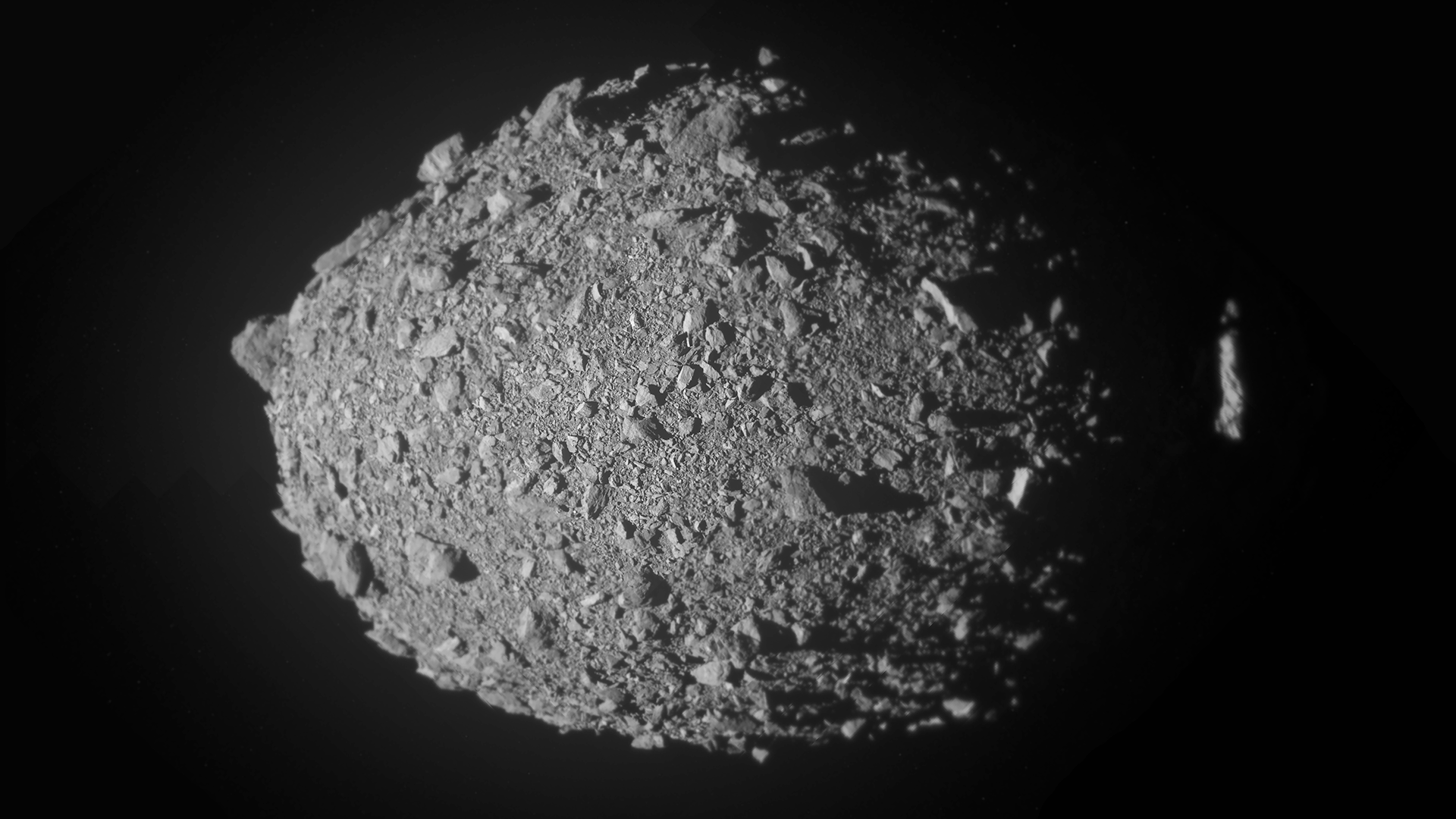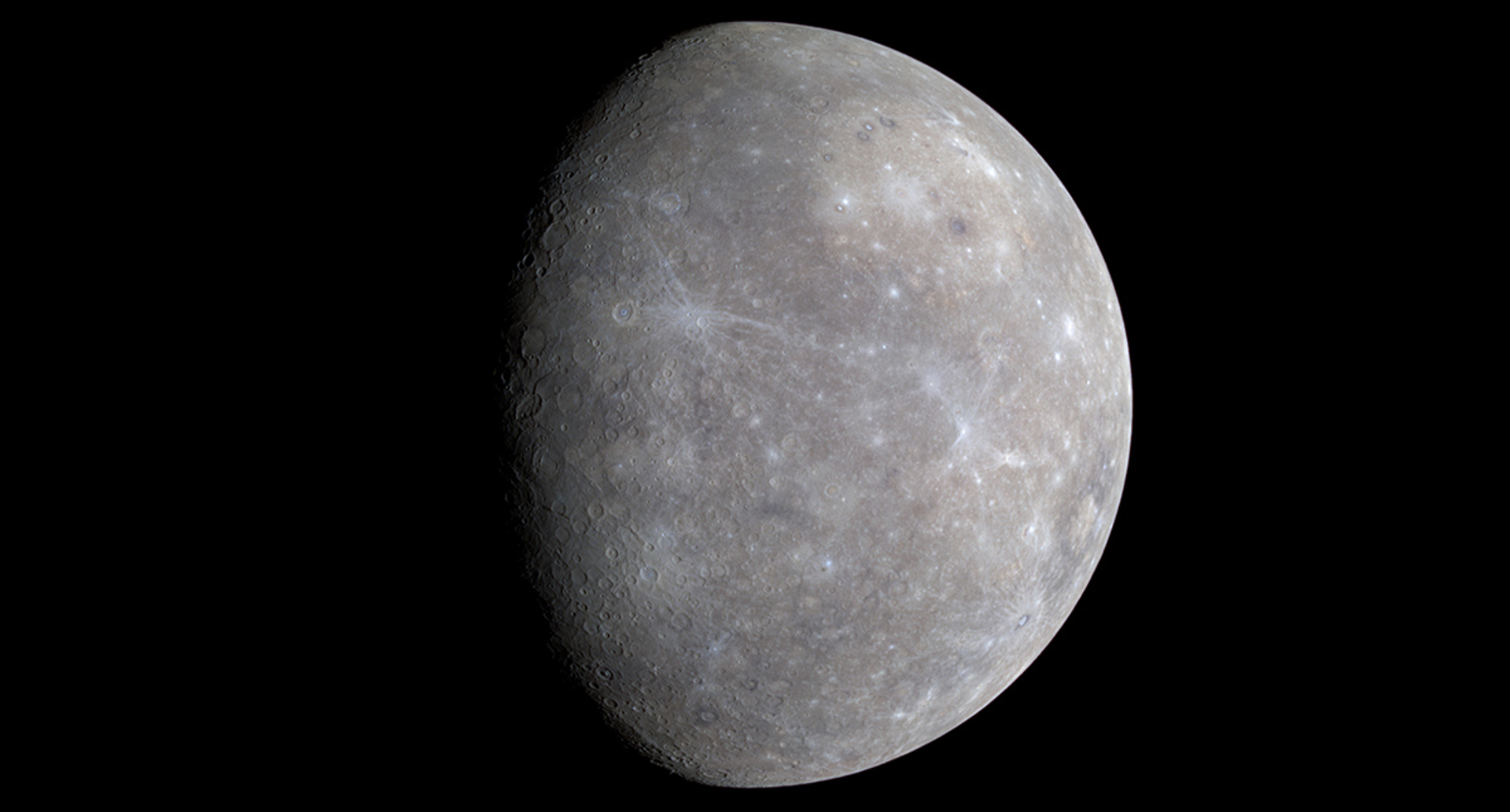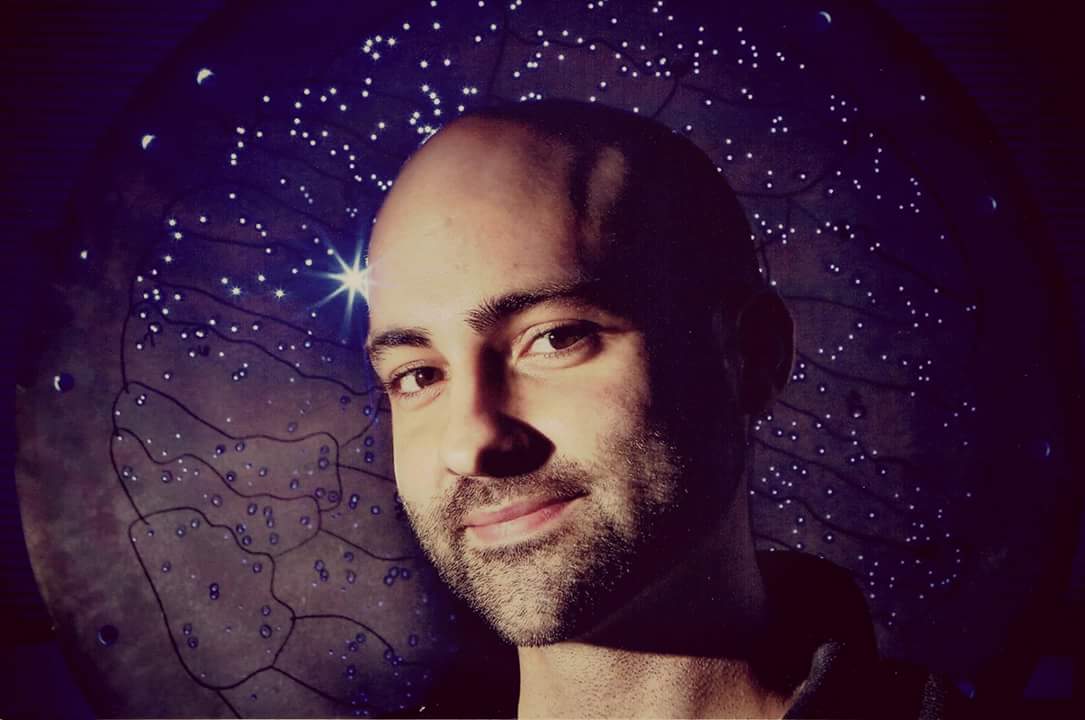
Paul Sutter
Paul M. Sutter is an astrophysicist at SUNY Stony Brook and the Flatiron Institute in New York City. Paul received his PhD in Physics from the University of Illinois at Urbana-Champaign in 2011, and spent three years at the Paris Institute of Astrophysics, followed by a research fellowship in Trieste, Italy, His research focuses on many diverse topics, from the emptiest regions of the universe to the earliest moments of the Big Bang to the hunt for the first stars. As an "Agent to the Stars," Paul has passionately engaged the public in science outreach for several years. He is the host of the popular "Ask a Spaceman!" podcast, author of "Your Place in the Universe" and "How to Die in Space" and he frequently appears on TV — including on The Weather Channel, for which he serves as Official Space Specialist.
Latest articles by Paul Sutter
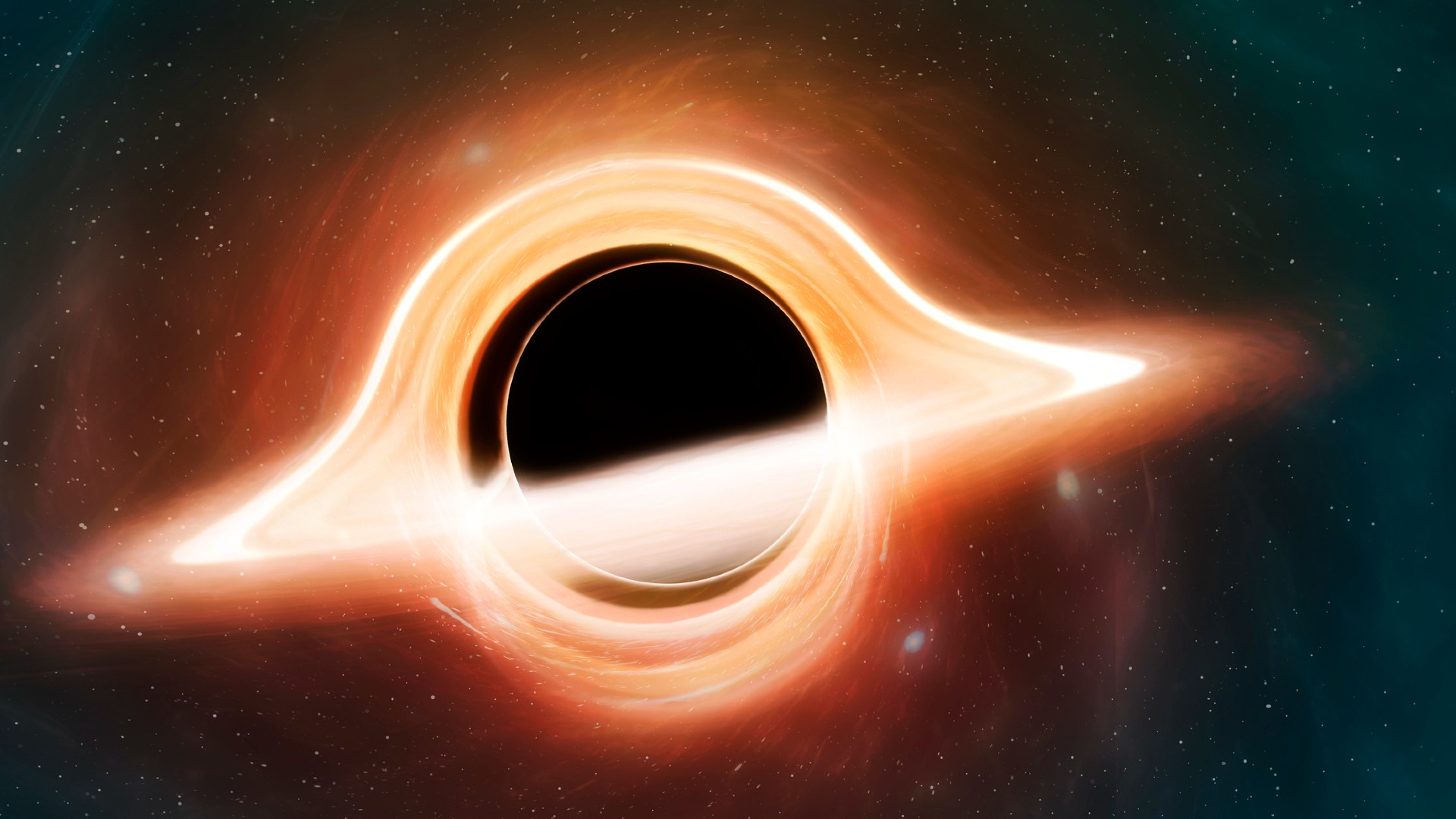
'Twisty' new theory of gravity says information can escape black holes after all
By Paul Sutter published
Einstein's theory of relativity say black holes are 'bald', but a new tweak to his research may give the mysterious objects their long-sought 'hair.'
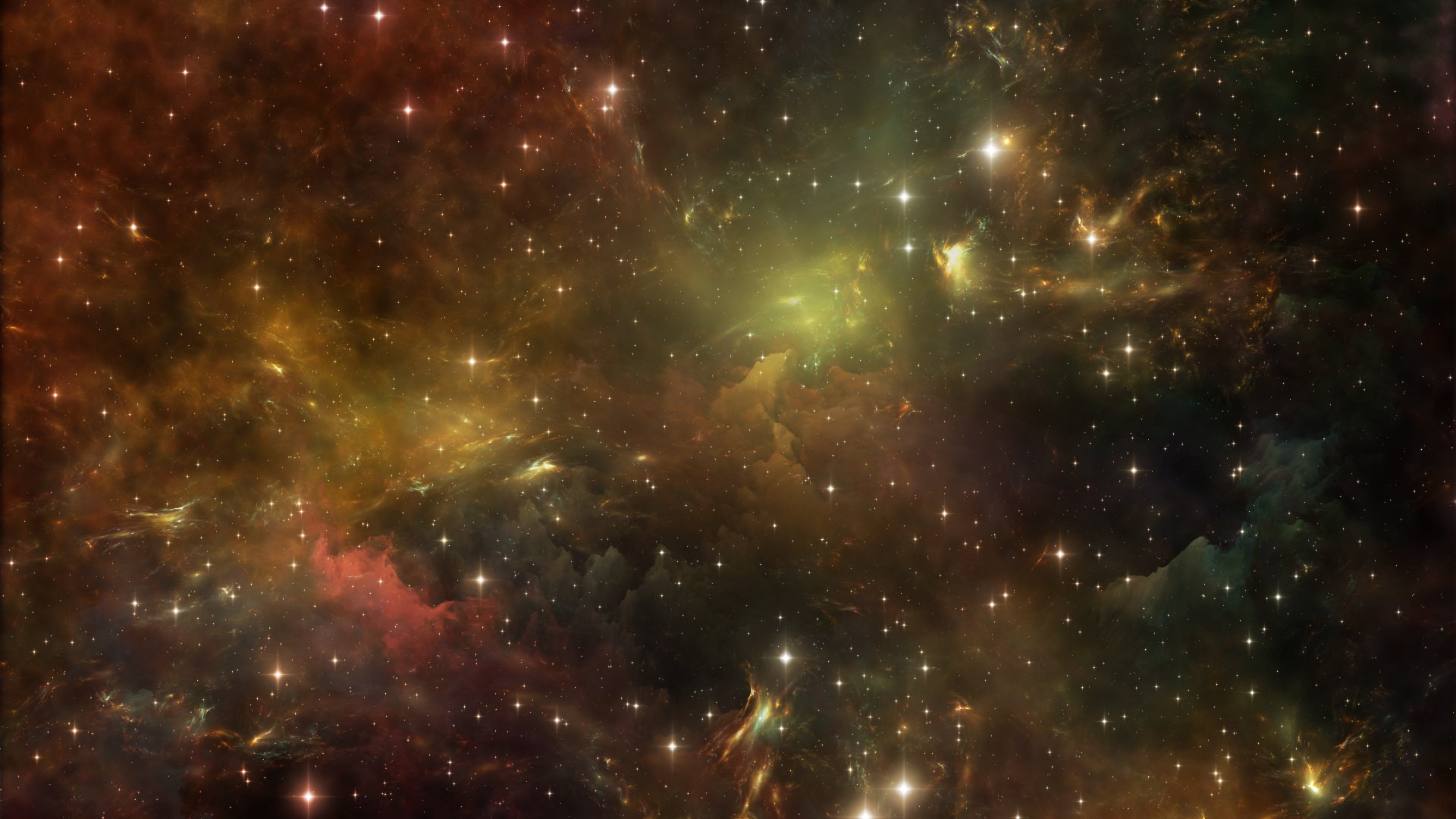
25 years after its discovery, dark energy remains frustratingly elusive
By Paul Sutter published
While there are hints that dark energy may be 'phantom,' its true nature remains frustratingly elusive, a new study reports.
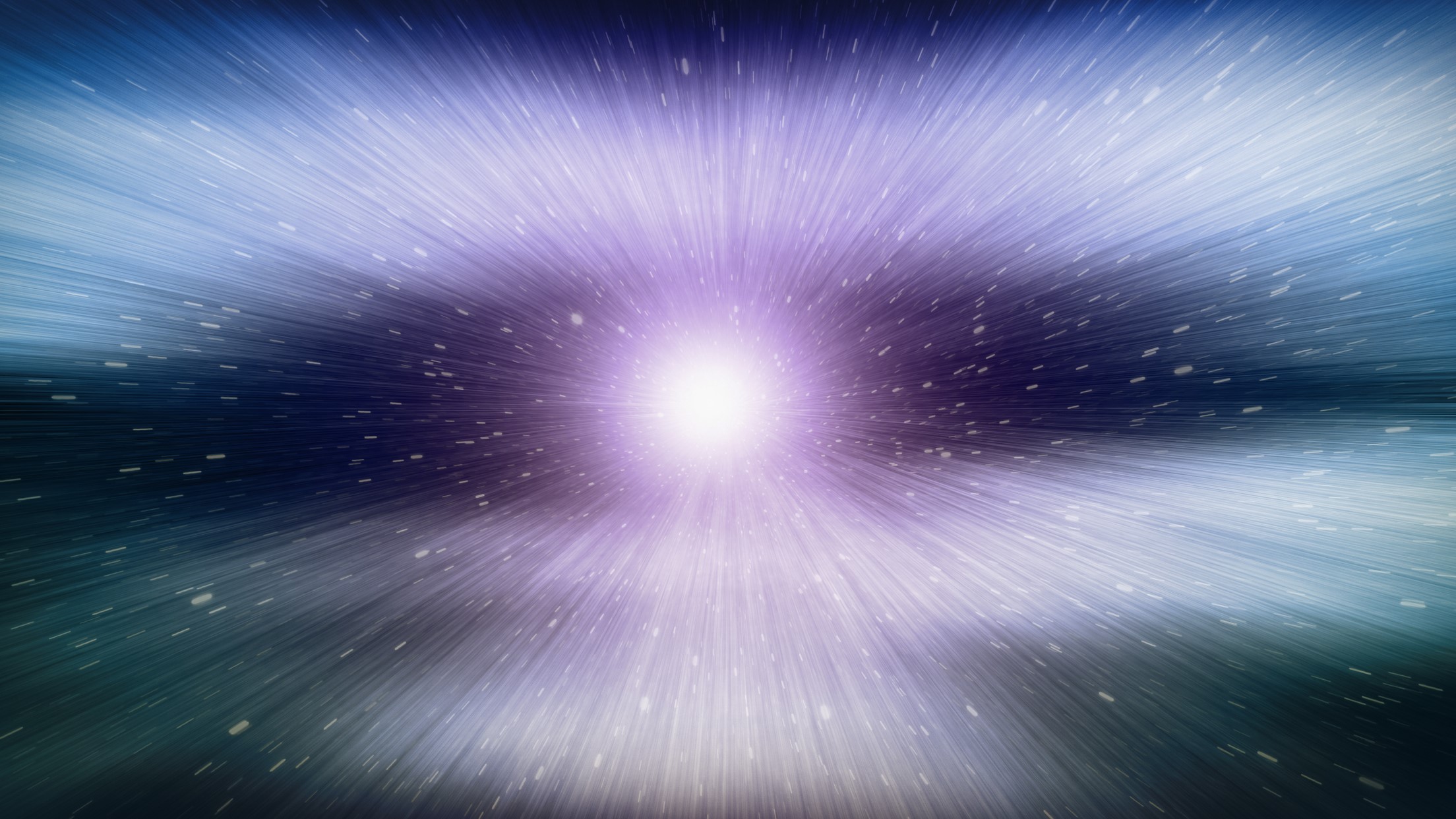
Could white holes actually exist?
By Paul Sutter published
Black holes seem to get all the attention. But what about their mirror twins, white holes? Do they exist? And, if so, where are they?
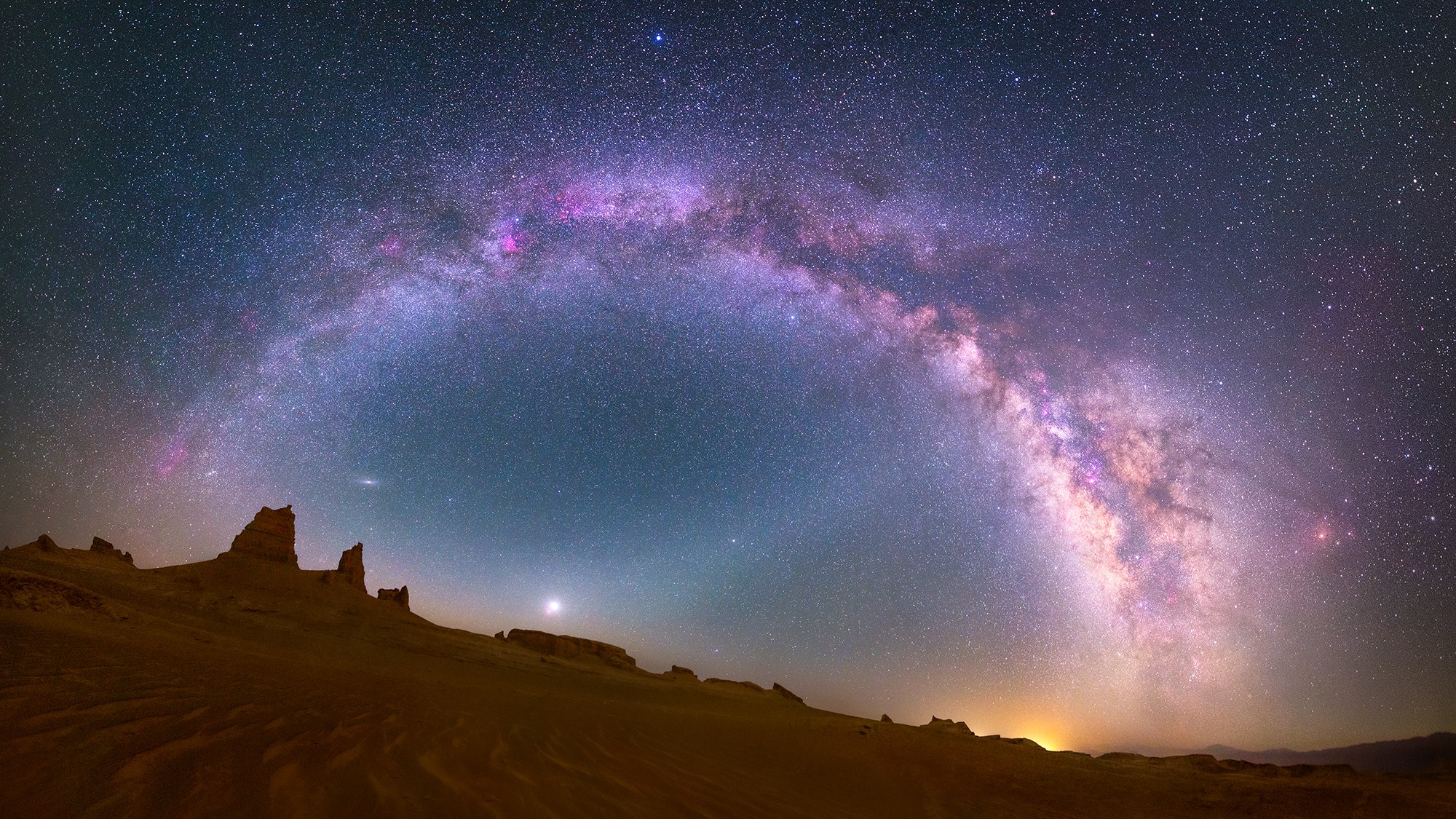
You'll travel nearly a trillion miles in your lifetime, even if you never leave home. Here's how.
By Paul Sutter published
Whether you're a frequent jet-setter or a couch potato, you travel much more than you think, thanks the motion of the Earth, sun, Milky Way galaxy and more.
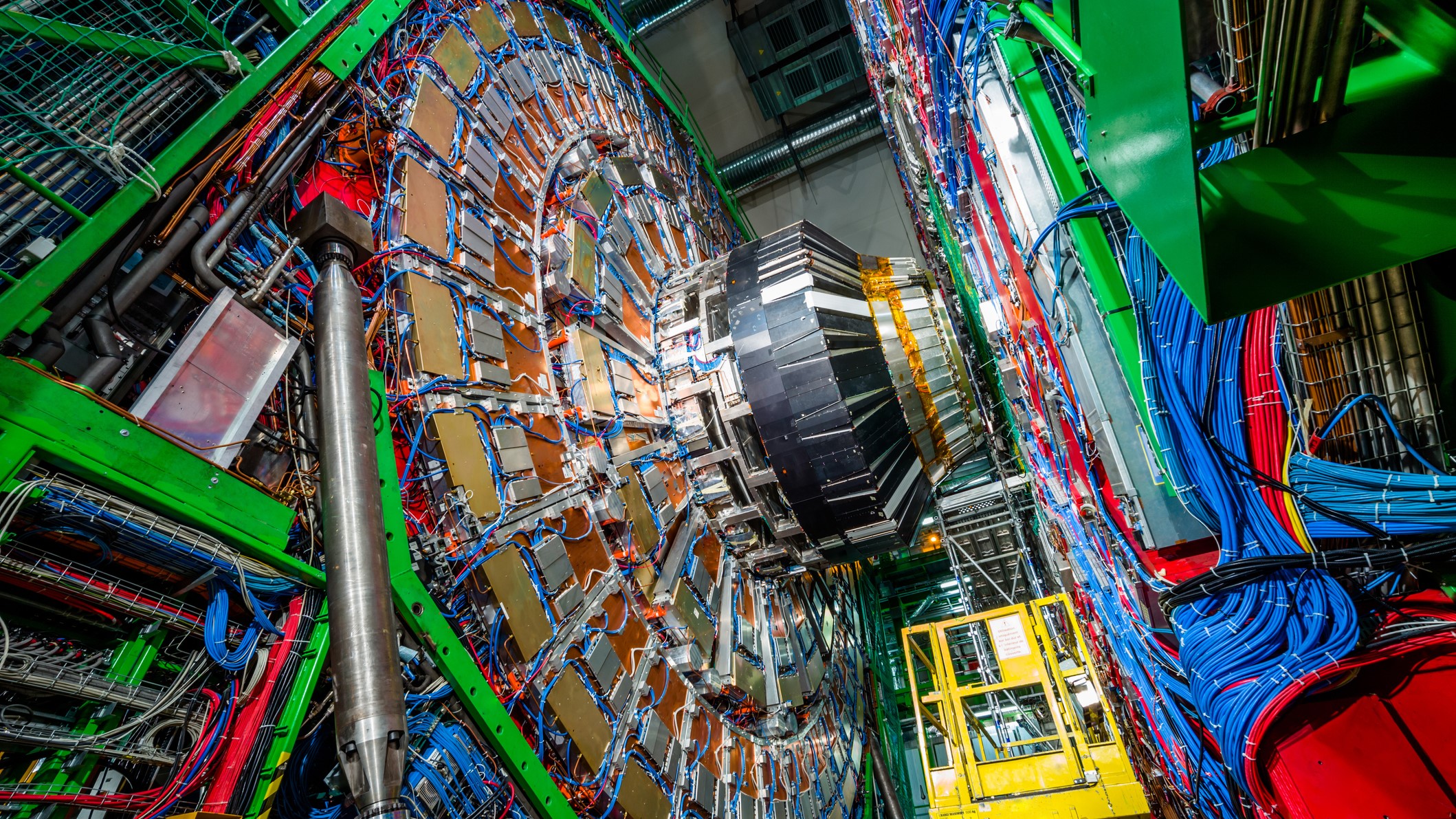
Top 10 best (or worst) terms in astronomy and physics
By Paul Sutter published
The modern scientific fields of astronomy and physics stretch back for centuries, and so naturally they've accumulated a lot of interesting names for objects, ideas, and phenomena.
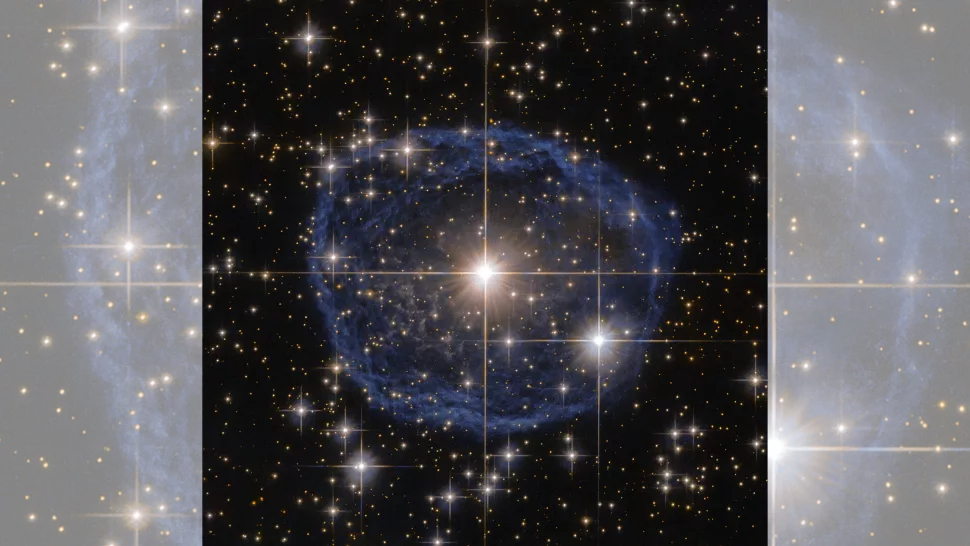
Giant 'bubbletrons' shaped the forces of the universe moments after the Big Bang, new study suggests
By Paul Sutter published
Meet the 'bubbletrons' — theoretical particle accelerators that may have helped build the universe as we know it.
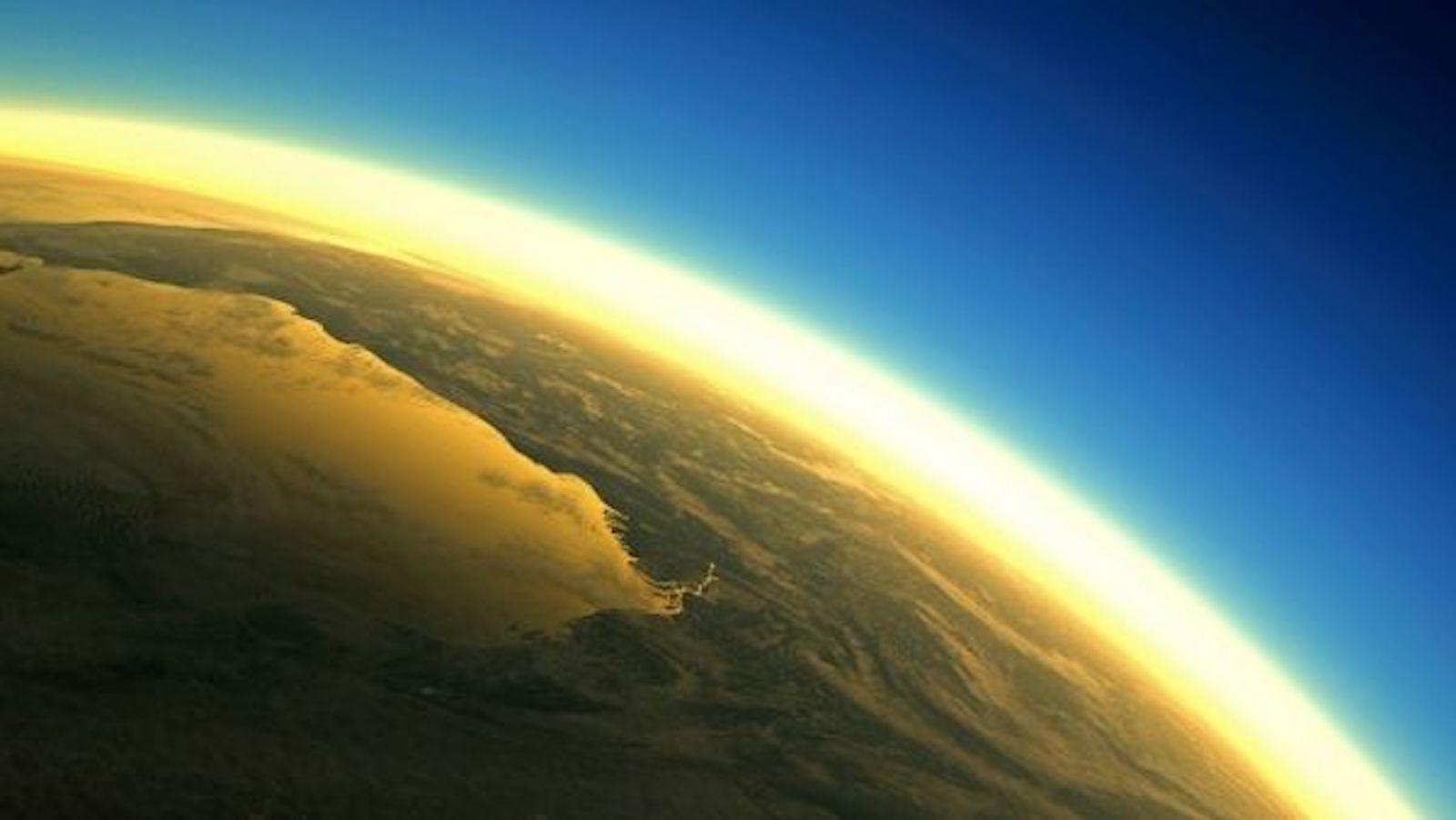
What is the difference between science and pseudoscience?
By Paul Sutter published
Pseudoscience is a practice that, from the outside, looks like science, but upon closer inspection, is revealed to be nothing but. And what makes a practice look like science?
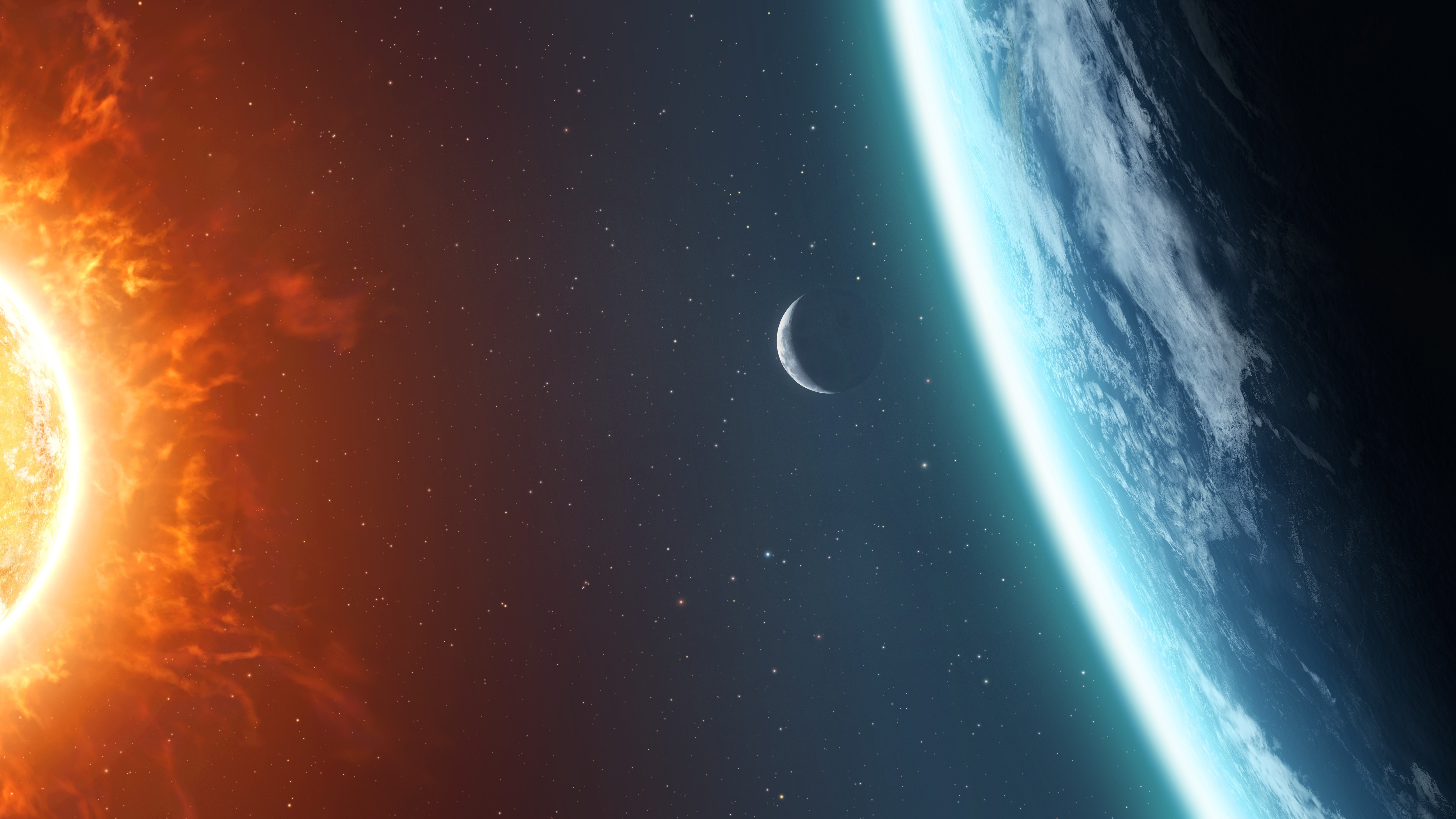
Could Earth ever become a rogue planet?
By Paul Sutter published
Earth has held a stable orbit for over 4 billion years but what would happen if we changed Earth's orbit so to avoid the sun's violent demise?

We can measure dark energy across the universe in our own cosmic backyard
By Paul Sutter published
Researchers have found a new way to measure dark energy — the mysterious force that is causing the expansion of the entire universe to accelerate — using data from our own cosmic backyard.
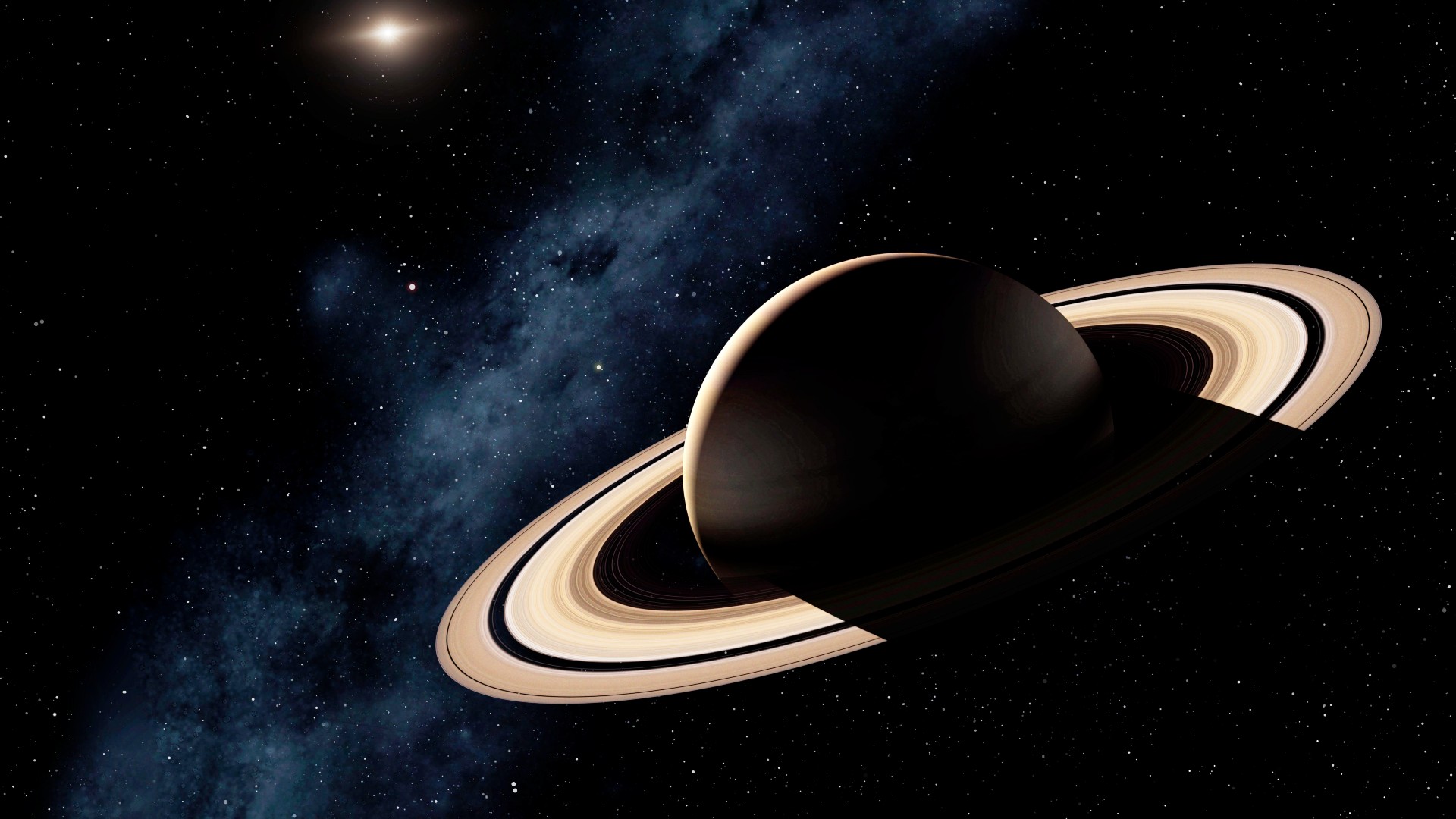
Saturn may have 'failed' as a gas giant
By Paul Sutter published
One astrophysicist is suggesting we remove Saturn's status as a gas giant, saying the planet tried but didn't quite make the cut.

How does light slow down?
By Paul Sutter published
Space mysteries Ever wondered how light slows down when passing through a material? Here we explore why the answer is not that straightforward.
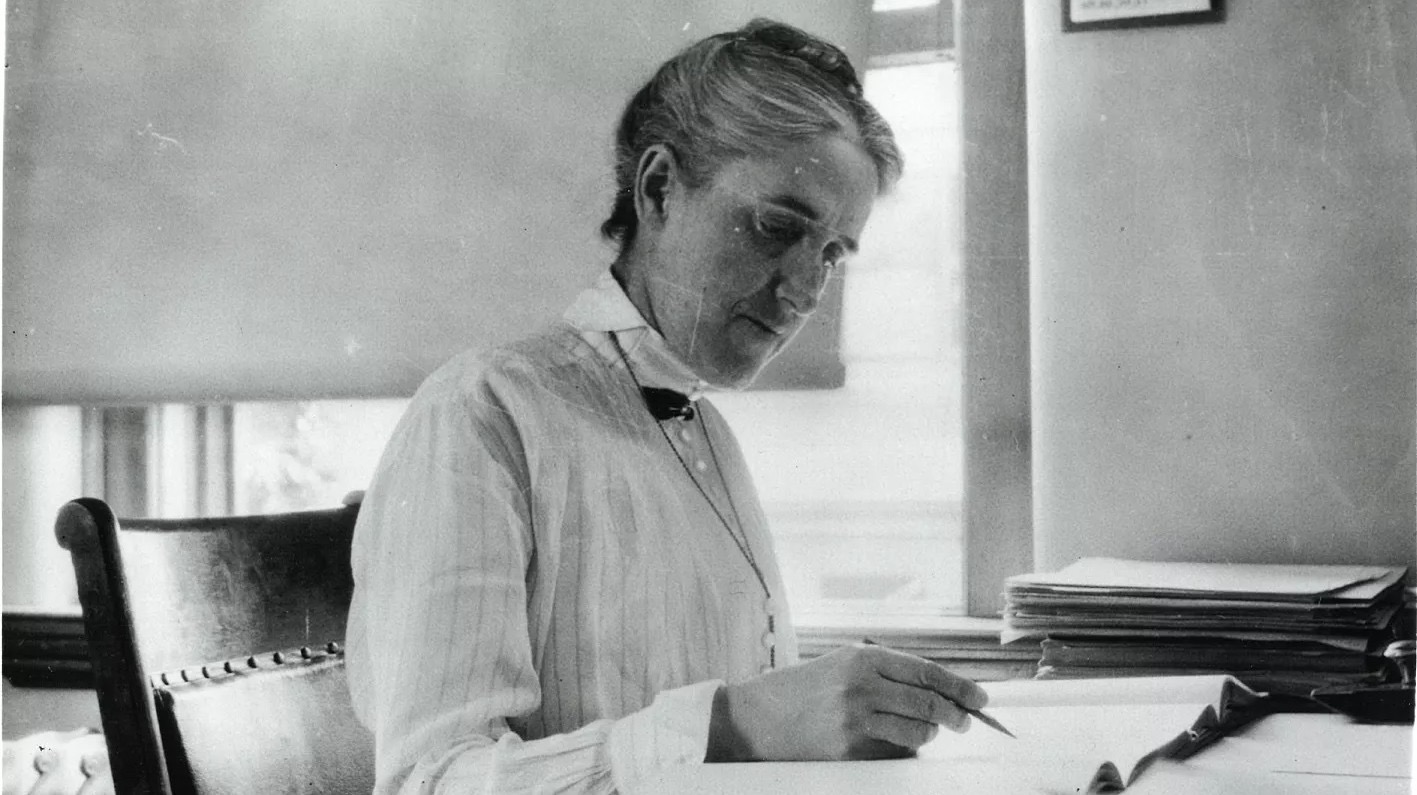
How human 'computers' Annie Jump Cannon and Henrietta Swan Leavitt revolutionized astronomy
By Paul Sutter published
In the early 20th century, a team of women went far beyond their job descriptions, not to mention the societal norms of the time, to revolutionize astronomy.
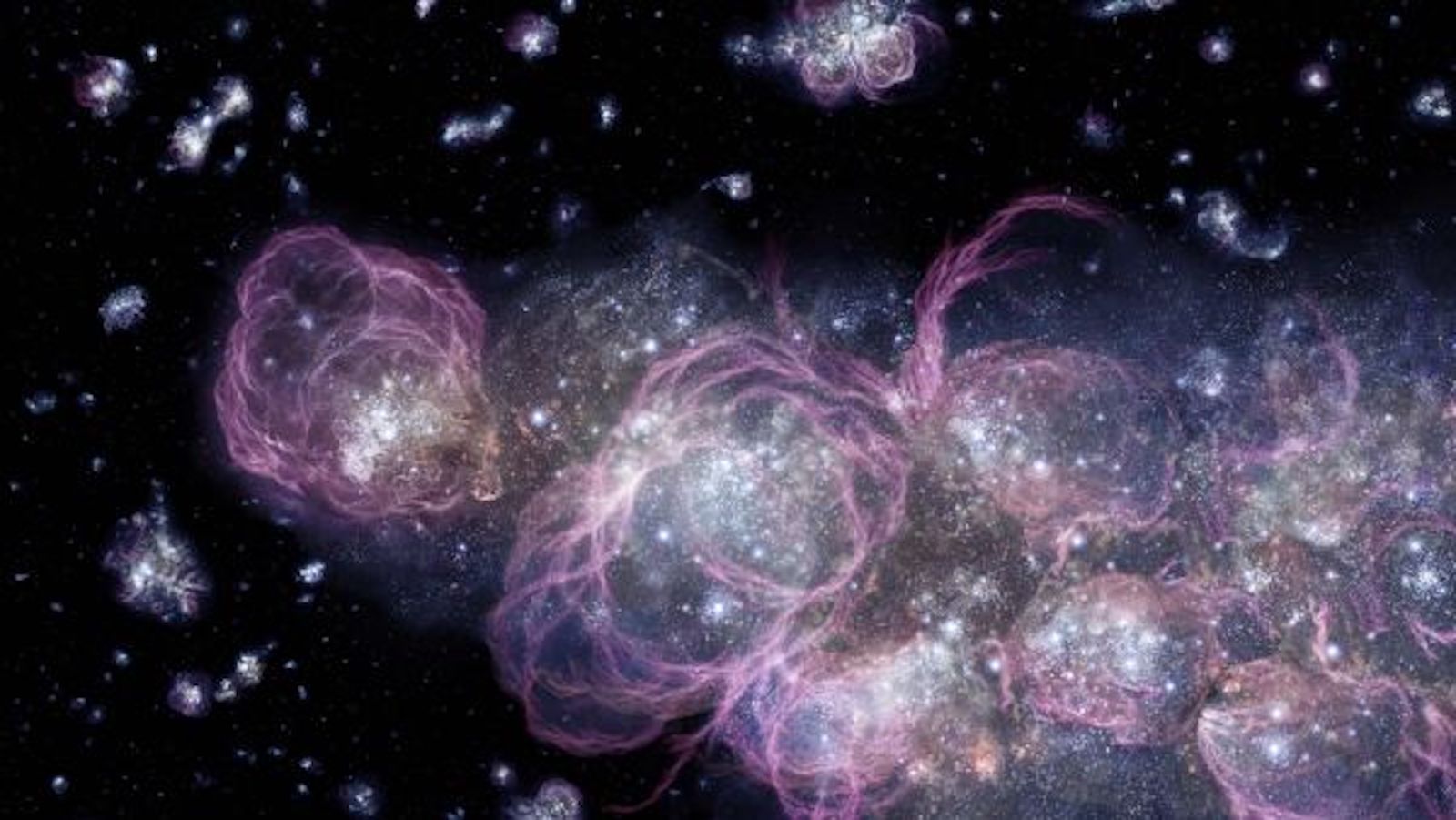
Why didn't the infant universe collapse into a black hole?
By Paul Sutter published
Why didn't the universe collapse into a black hole during the earliest moments of the Big Bang? Simply put, because that's not how you make a black hole.
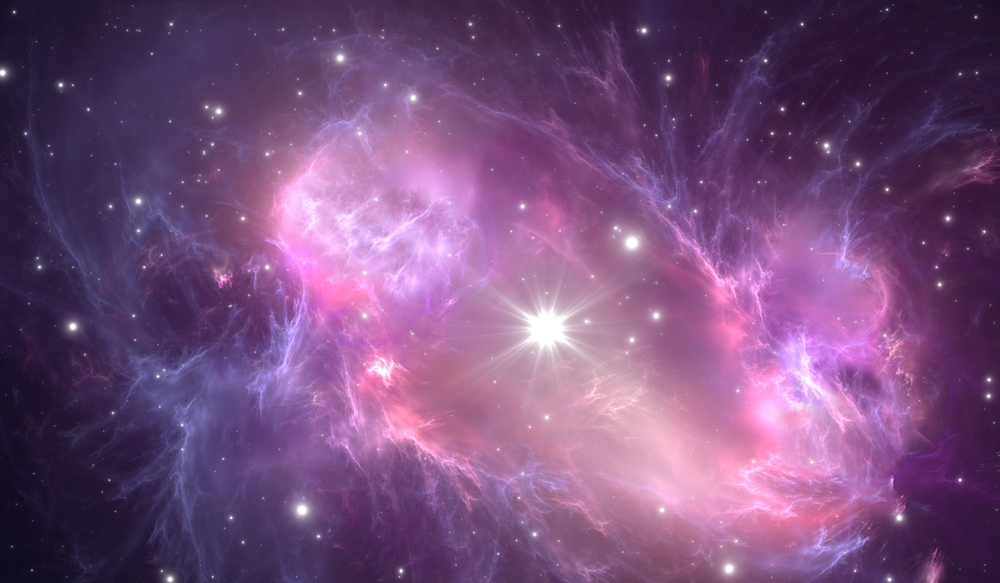
A dynamic form of dark energy may explain strange radiation signal from the early universe
By Paul Sutter published
We may have already found evidence of an evolving, dynamic kind of dark energy, in the form of the radiation emitted when the first stars appeared in the universe.
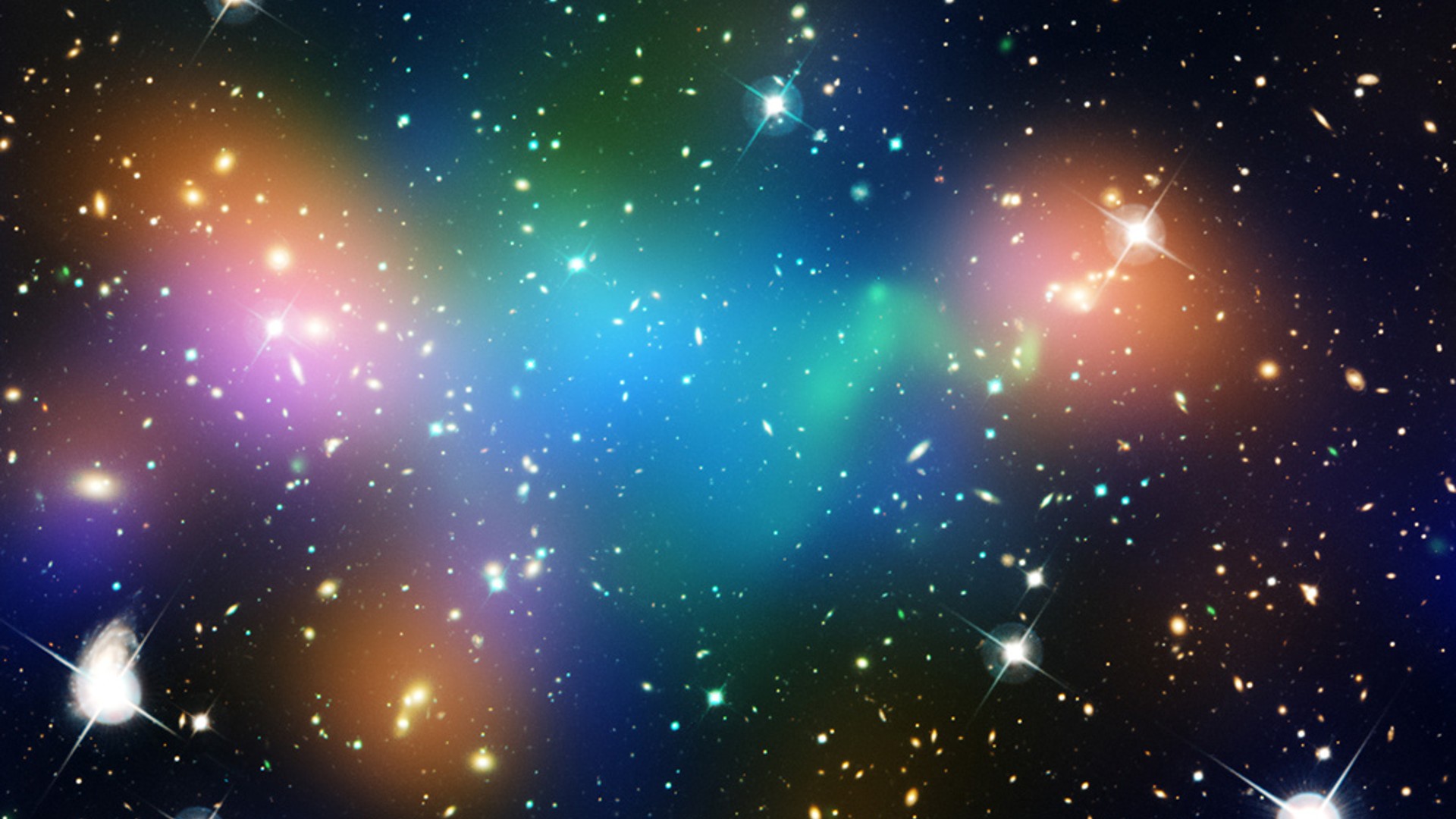
Dark matter atoms may form shadowy galaxies with rapid star formation
By Paul Sutter published
Dark matter, the invisible material that makes up the vast majority of the universe's mass, may collect itself to form atoms, a new simulation shows.
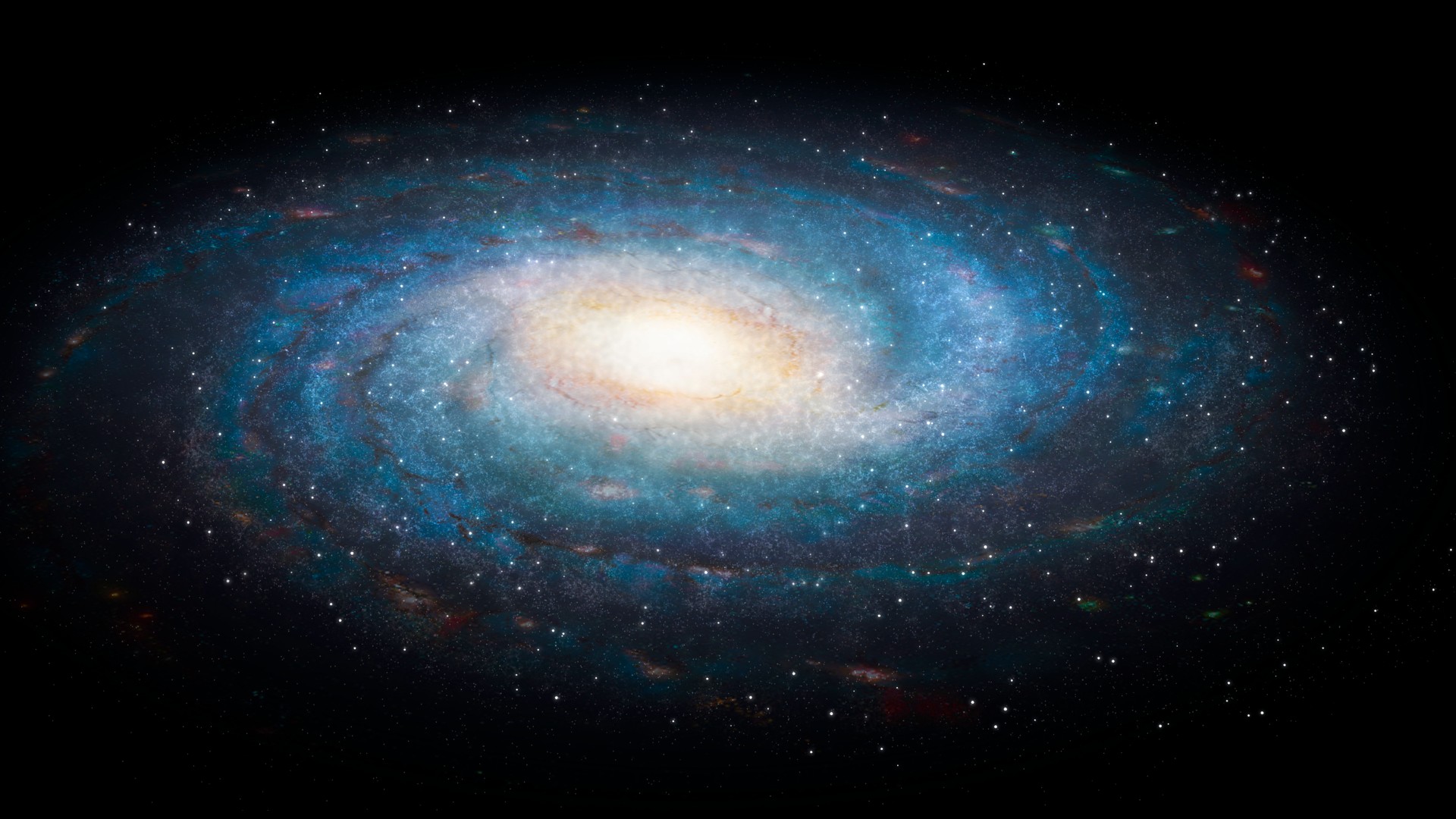
New Milky Way map reveals the magnificent messiness of our galaxy
By Paul Sutter published
Astronomers have used the youngest objects in the Milky Way to build a new map of the galaxy's spiral arms, and the results are far messier than expected.
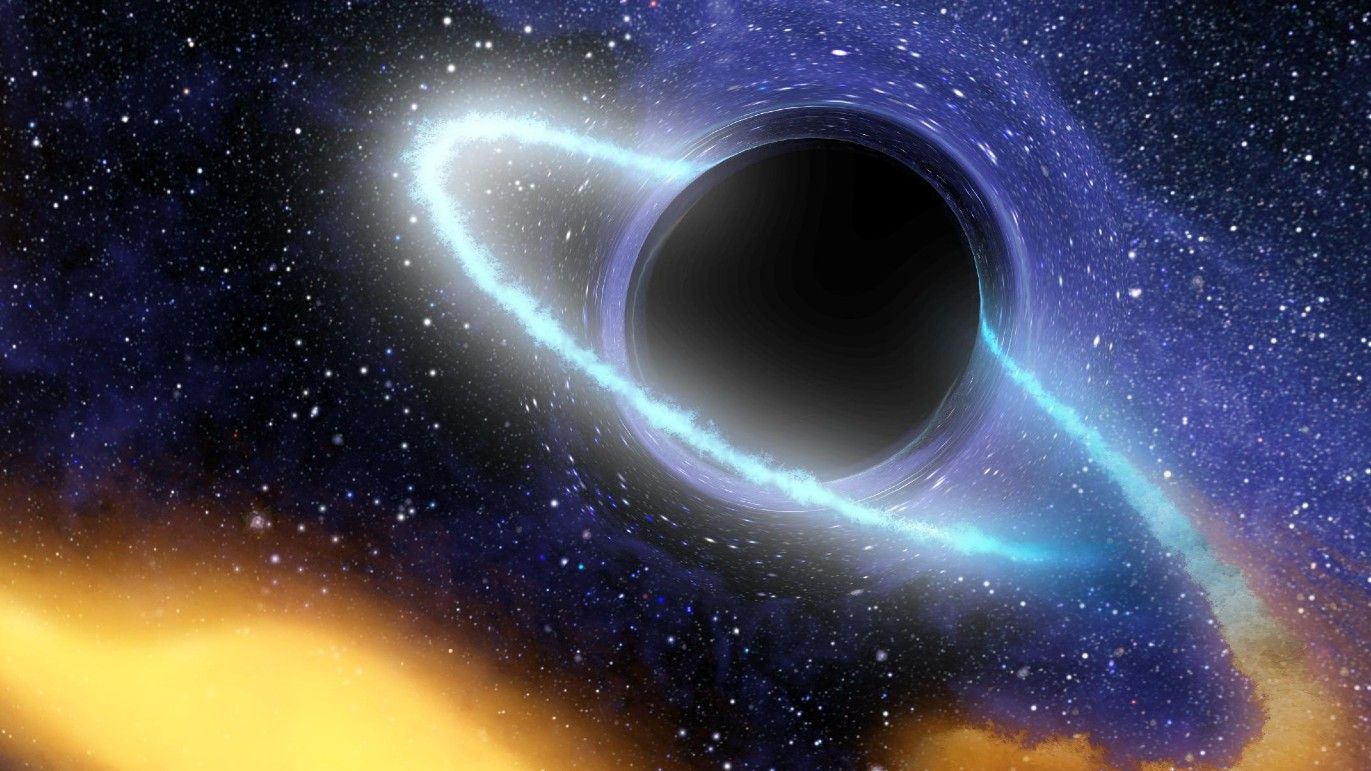
Strange star system may hold first evidence of an ultra-rare 'dark matter star'
By Paul Sutter published
In a distant star system, a sunlike star orbits an invisible object that may be the first example of a 'boson star' made of dark matter, new research suggests.
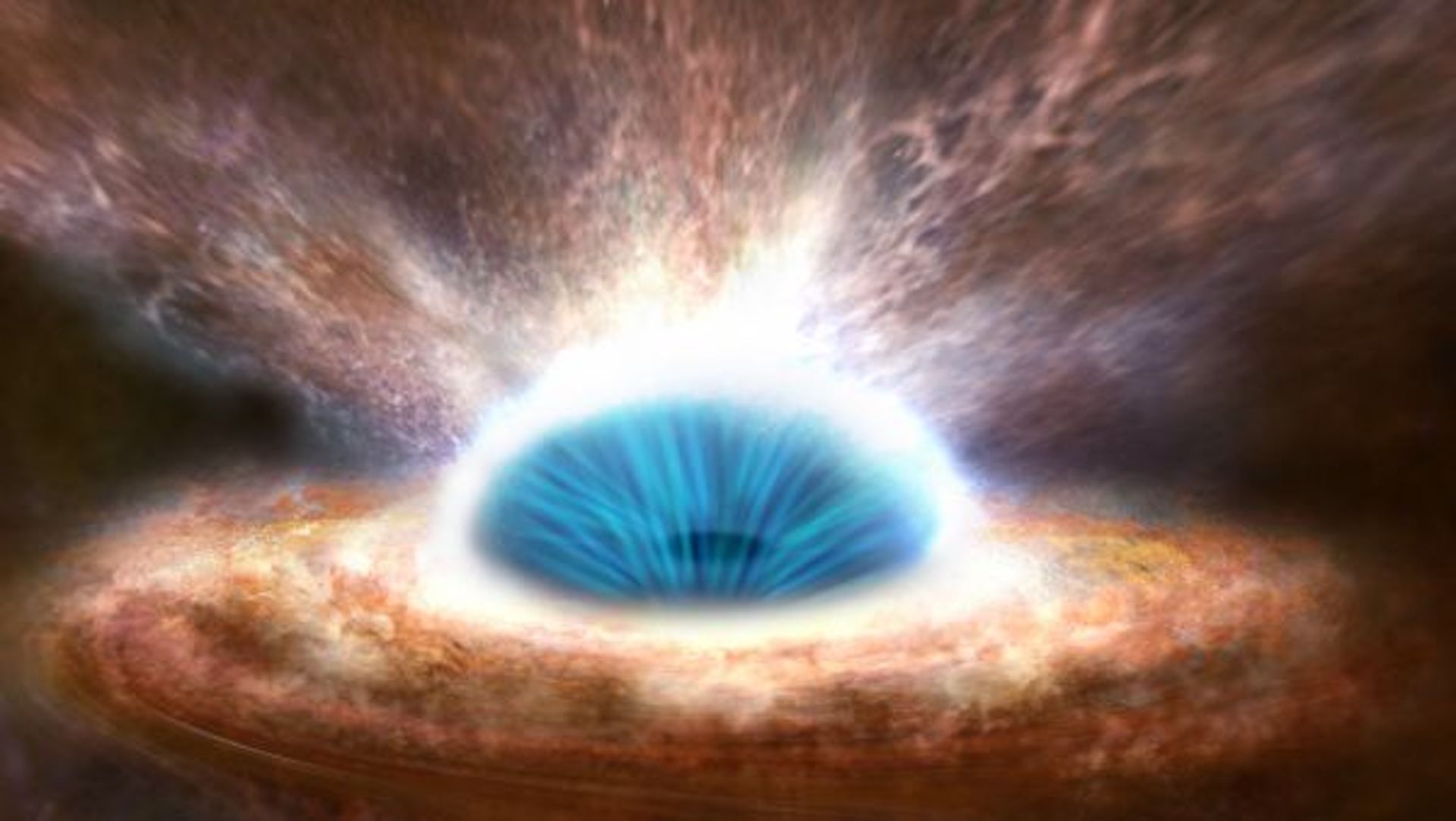
Some black holes may actually be tangles in the fabric of space-time, new research suggests
By Paul Sutter published
A new paper discusses how light interacts with theoretical objects called "topological solitons" — kinks in the fabric of space-time that look just like black holes.

'Hycean' exoplanets may not be able to support life after all
By Paul Sutter published
New research suggests that Hycean exoplanets would suffer from a catastrophic runaway greenhouse effect, causing their oceans to boil away.
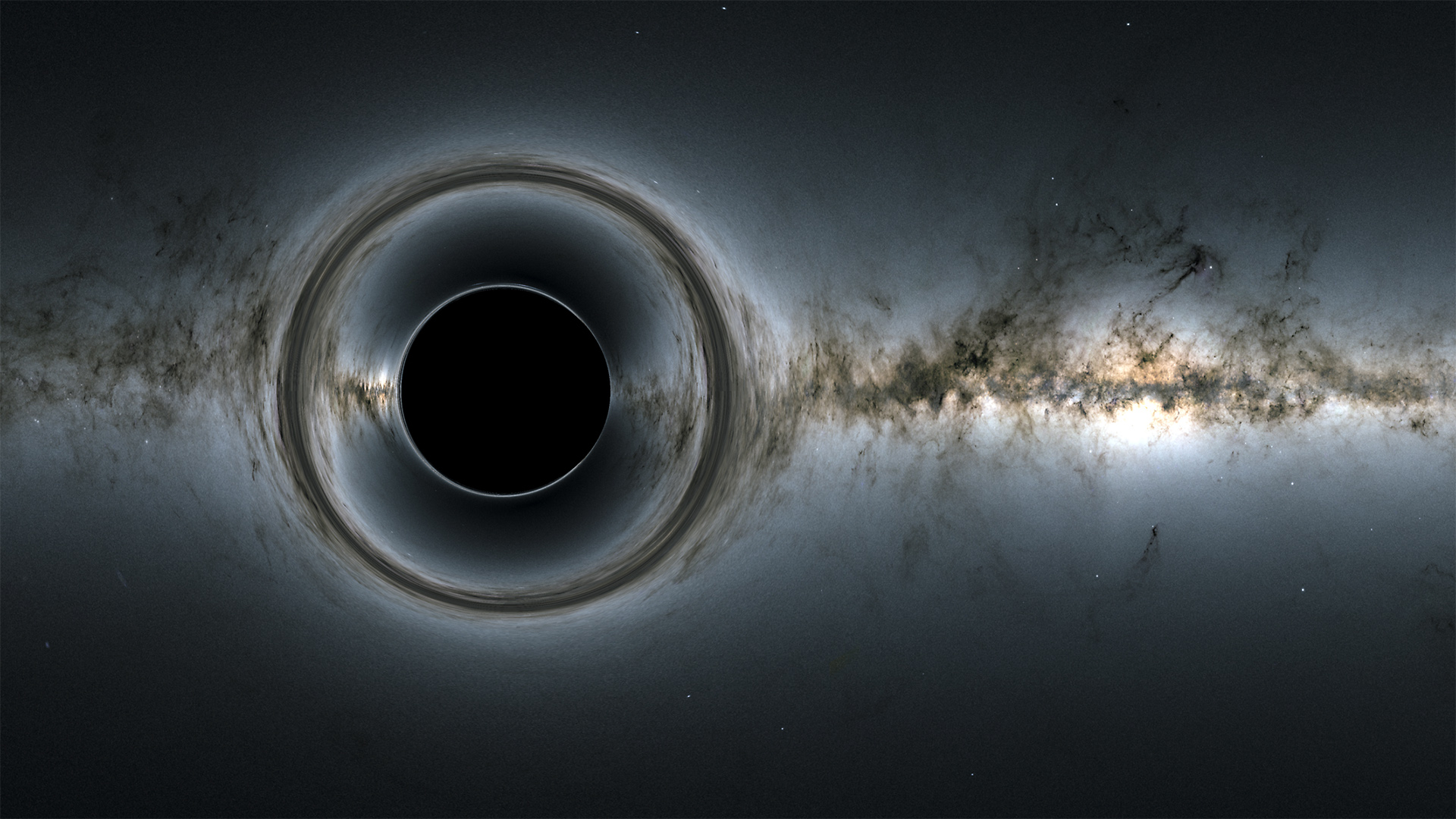
Tiny primordial black holes could have created their own Big Bang
By Paul Sutter published
A large population of small black holes could have flooded the young cosmos with particles and radiation, creating their own black hole-powered Big Bang, physicists propose in a new paper.

Cosmic rays pose dangers to frequent flyers. This radiation detector could help.
By Paul Sutter published
These cosmic rays typically come from the extremely distant universe, from ultrapowerful events such as supernovas and quasars.
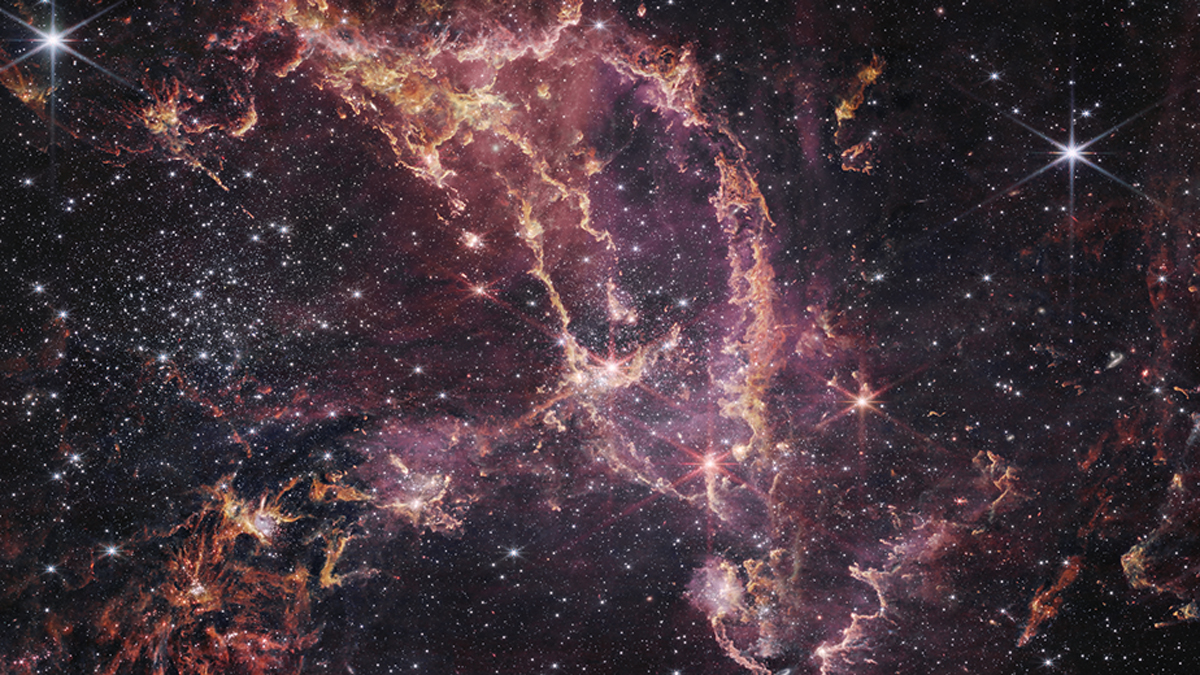
'Dragon cloud' holds clues about how the biggest stars in the galaxy are born
By Paul Sutter published
A massive, cold clump of material in the heart of the "Dragon cloud" is ready to form a single giant star, and astronomers got a rare glimpse of the event.

New kind of pulsar may explain how mysterious 'black widow' systems evolve
By Paul Sutter published
Astronomers have identified a new kind of pulsar that consumes an orbiting companion, filling in a missing link about how some of the strangest systems in the universe evolve.
Get the Space.com Newsletter
Breaking space news, the latest updates on rocket launches, skywatching events and more!
